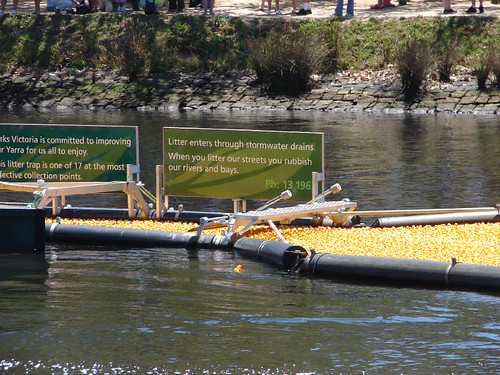Local councils move Australia Day ceremonies from January 26 as attendance declines
Australia Day #AustraliaDay

More than 80 local councils have decided to move their annual citizenship ceremonies from January 26 due to feedback from Indigenous communities and dwindling interest in local events.
Key points:
In 2022 the federal government changed the law to allow councils to conduct citizenship ceremonies three days before or after Australia Day.
Data from the Department of Home Affairs and Shadow Immigration Minister Dan Tehan revealed 81 local councils had decided to move their ceremonies.
Bellingen Shire Council on the NSW Mid Coast is one that has opted to hold citizenship ceremonies as part of the Bellingen Shire Community Awards on January 25.
Bellingen councillor Jennie Fenton said the decision had been made following consultations with the local Gumbaynggirr community and the broader shire.
“It’s a really hurtful day for a lot of people,” she said.
Councillor Jennie Fenton pushed for the citizenship awards to be moved away from January 26, starting this year. (ABC Coffs Coast: Charles Rushforth)
“First Nations people have a right to feel at home and part of the community, so when we move away from that day we have an opportunity for everyone to come together.”
Cr Fenton said low attendance rates in recent years was another reason for the date change.
The declining figures were highlighted by the council’s Australia Day ceremony subcommittee during a review of festivities in 2018.
Moving forward
Gumbaynggirr elder Michael “Micklo” Jarrett said changing the date the awards ceremonies were held was a step forward and he commended the Bellingen Shire on its initiative.
“That day for Indigenous people is devastating,” Uncle Micklo said.
“We lost our language, we lost our culture, we lost our country, we lost everything and they are still celebrating.”
Uncle Micklo Jarrett gives the Welcome to Country before play at Nambucca Heads’ Coronation Park on February 19.(ABC Coffs Coast: Nick Parmeter)
Uncle Micklo said changing Australia Day away from January 26 at a national level would have far greater impact.
“There are non-Indigenous people that want to celebrate with us,” he said.
“If everyone in Australia can do that and we all celebrate together, where we celebrate Australia.”
Meanwhile, as well as moving its awards ceremony in 2020, Nambucca Shire Council changed the name of its celebrations from Australia Day Ceremony to National Celebration Day Awards Ceremony, citing cultural sensitivities.
A Nambucca Shire Council spokesperson said the council was sensitive to local sentiments around the date and had conducted wide community consultation ahead of the change.
Albury City Council in NSW moved the date of its citizenship ceremony away from January 26 last year, citing dwindling interest in the Australia Day national holiday and its traditional civic events.
Australia Day not a long-standing holiday
Southern Cross University associate professor and historian Adelle Wessell said there were just as many people who might feel uncomfortable being welcomed to the country on a day that marked the anniversary of an invasion.
“The ceremonies themselves were only moved from the court to local governments in the 1950s,” she said, noting Australia Day had only been a public holiday since 1994.
“I think a lot of First Nations people find the debate over the changing of the date tiring and confronting because every year the conversation of changing the date starts.”
Bellingen parents Ashley and Michaela say Australia Day is problematic for their family. (ABC Coffs Coast: Charles Rushforth)
Parents Ashley and Michaela, who have recently moved to Bellingen, said they would be much more likely to engage with citizenship awards and events on a date other than January 26.
“I’d probably be more likely to go [to the citizenship awards] if it was not held on Australia Day,” Ashley said.
“It’s more inclusive for everyone if we shift away from that.”